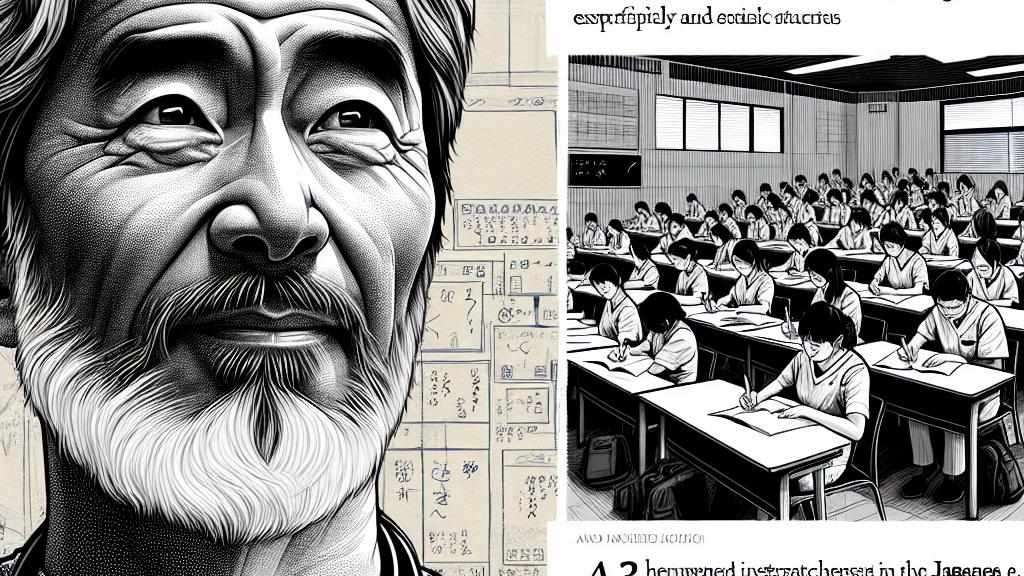From Ice Age to Healthcare: A Middle-Aged Man's Journey Through Nursing School!
Overview
- A 43-year-old man navigates the challenges of nursing school during an economic crisis.
- He faces bullying from younger peers and uncovers financial struggles inherent in nursing education.
- His experiences highlight shifting perceptions of nursing and the crucial need for support systems.

A Unique Perspective in Nursing School
In Japan's contemporary educational landscape, a 43-year-old man, affectionately dubbed the 'Ice Age Uncle', embarks on an unconventional journey by enrolling in nursing school. Over the past two and a half years, he has immersed himself in a program largely attended by students in their early twenties. This notable generational gap creates a landscape of social challenges, where he encounters bullying based on his age and different life experiences that delineate him from his younger classmates. Compounding these social hurdles is the prevalent scarcity of resources within the nursing school system, leading to a lack of adequate academic support and instructors who often feel overwhelmed. These circumstances bring to light the urgent need for institutions to create more inclusive and supportive environments for non-traditional students entering healthcare disciplines.
Understanding the Reality of Nursing
Throughout his nursing school experience, the older student gains profound insights into the diverse and often underappreciated realities of nursing work. As he navigates the curriculum, he discovers that a substantial portion of nursing involves essential caregiving and various routine tasks frequently mischaracterized by outsiders as inconsequential. Simultaneously, he grapples with the harsh financial realities tied to nursing education, where hidden costs emerge, particularly regarding practical training obligations. The requirement for students to travel considerable distances to hospitals for hands-on experiences creates additional stress, including managing group travel dynamics, cost-sharing concerns, and navigating tight schedules. These realities emphasize the systemic challenges within nursing education and the necessity for academic institutions to enhance their support frameworks to alleviate financial strain on students.
Insights and Future Prospects
Despite facing age-related bullying and adjusting to culturally evolving terminology, such as recognizing the trend of creative names among younger peers, the 'Ice Age Uncle' experiences significant growth in understanding and respect for the nursing profession. His journey reflects broader trends in Japan's healthcare landscape wherein there exists a growing demand for nursing professionals, creating an optimistic outlook for older graduates. Embracing a more inclusive workforce could pave the way for richer, more diverse interactions in patient care settings, ultimately transforming attitudes surrounding age in healthcare. This personal journey is emblematic of resilience, underscoring the need for education systems to accommodate a diverse student body while championing the evolution of support networks and educational strategies that enrich the nursing profession as a whole.

Loading...